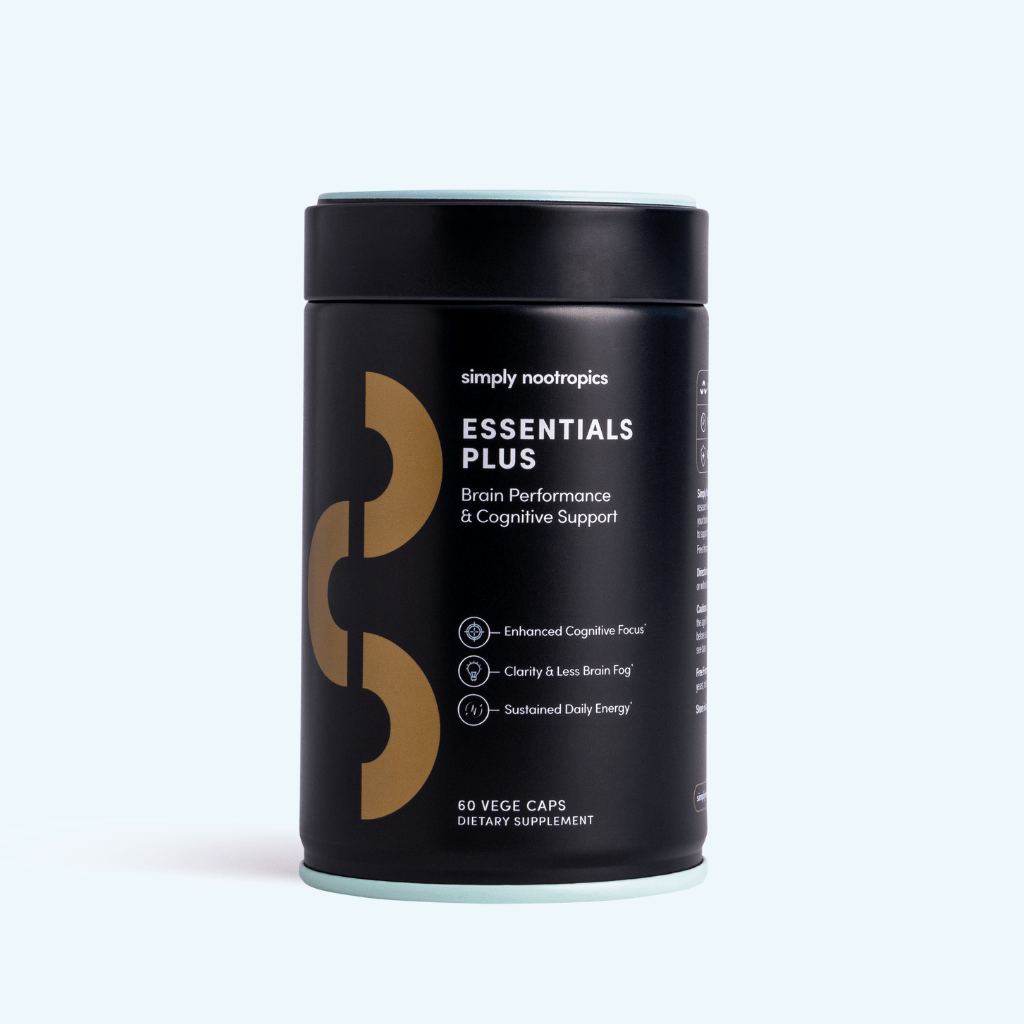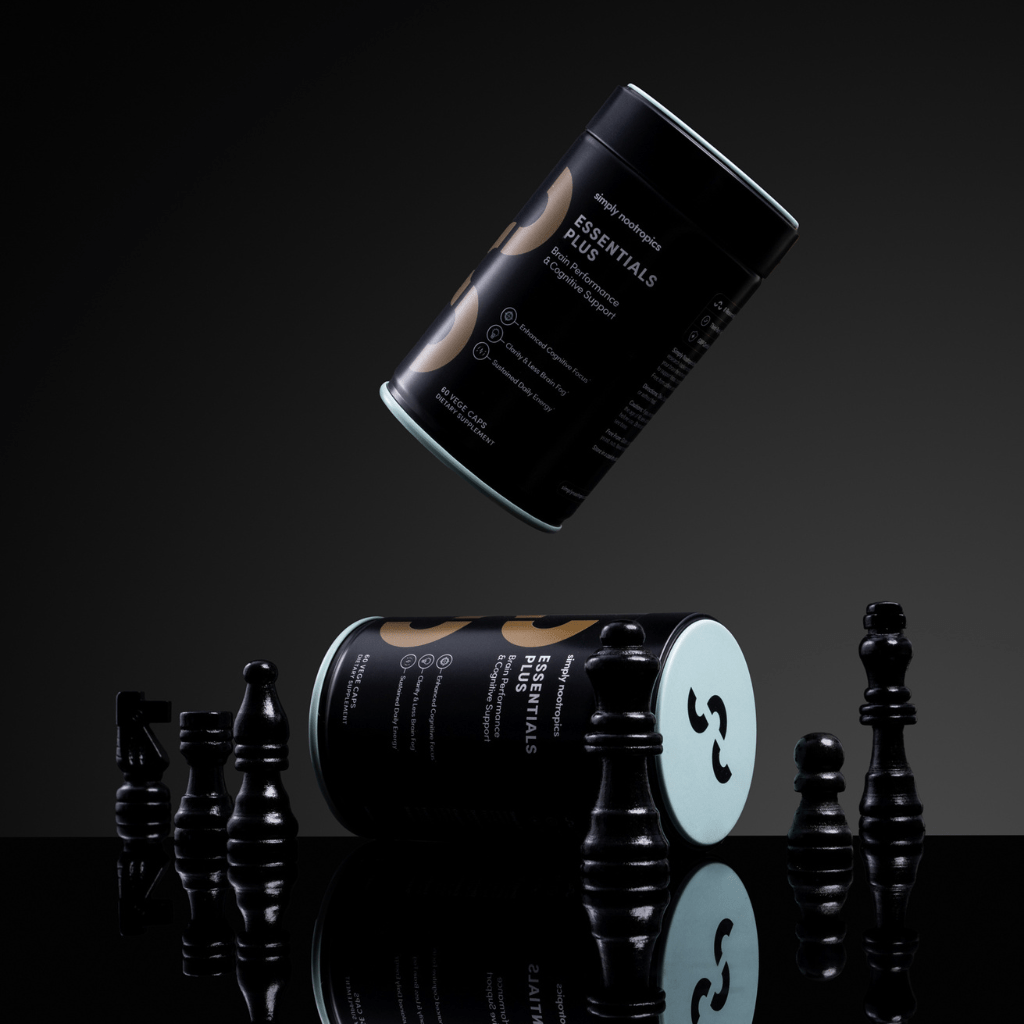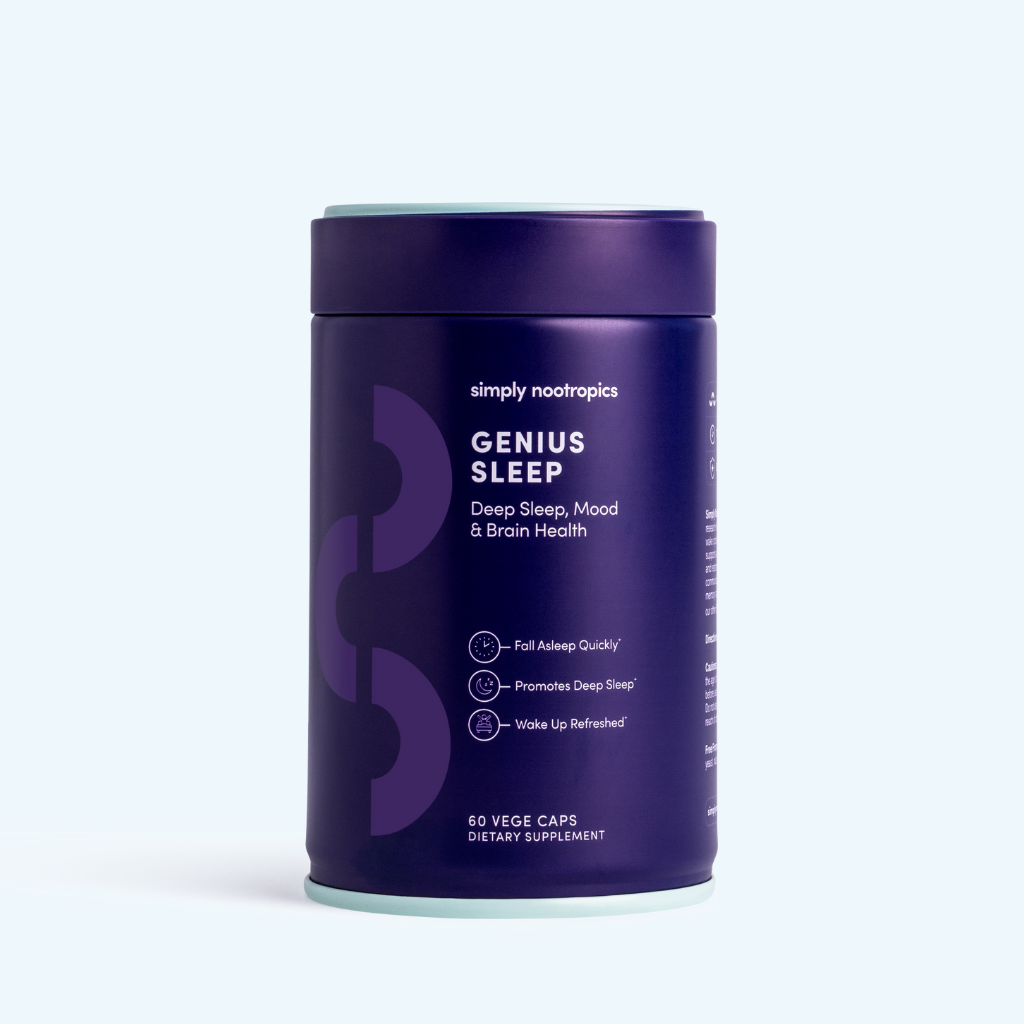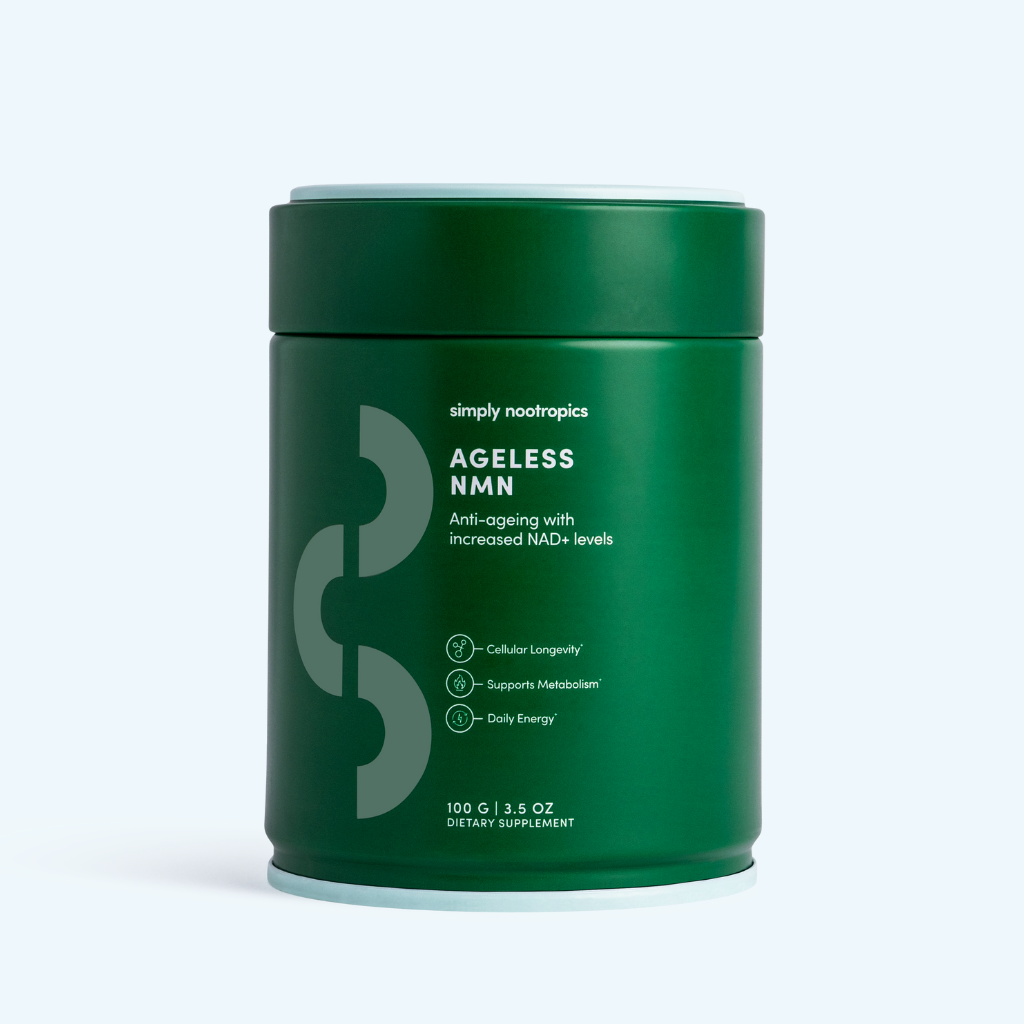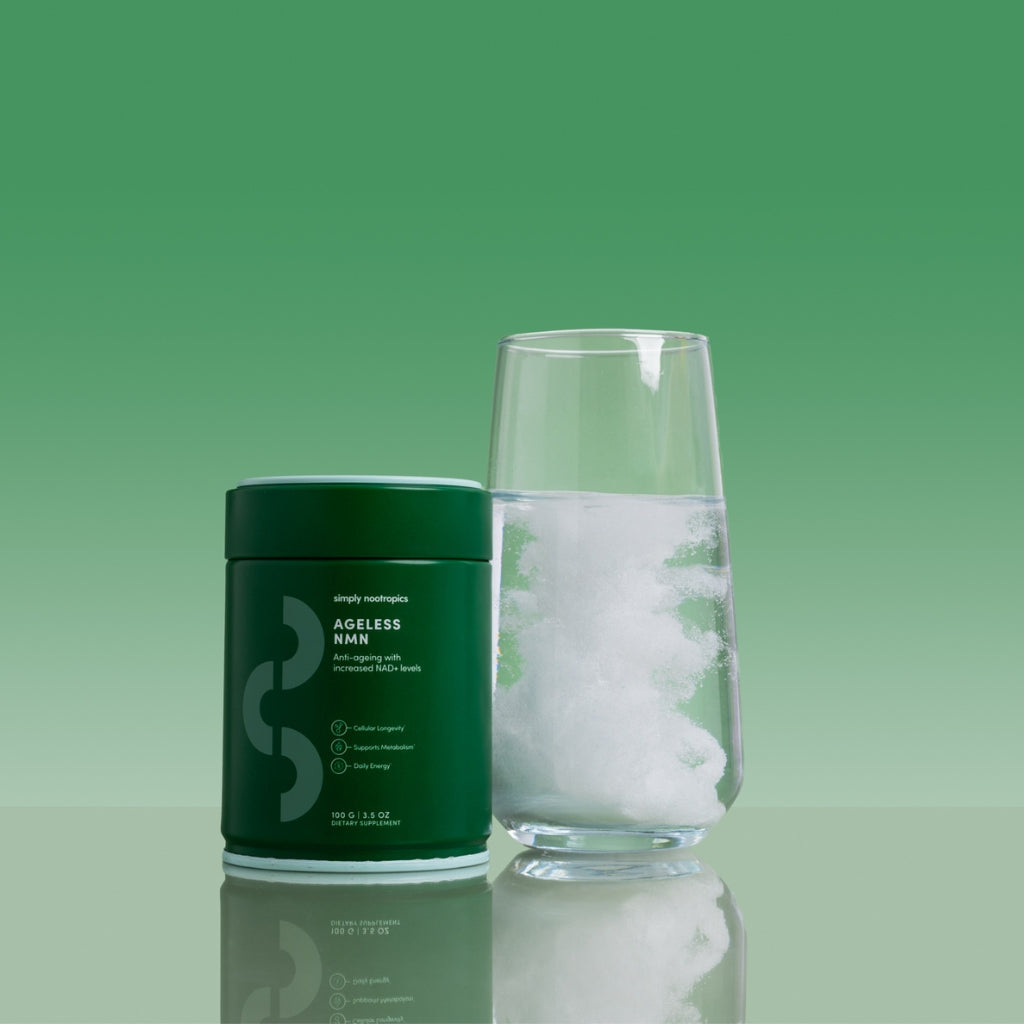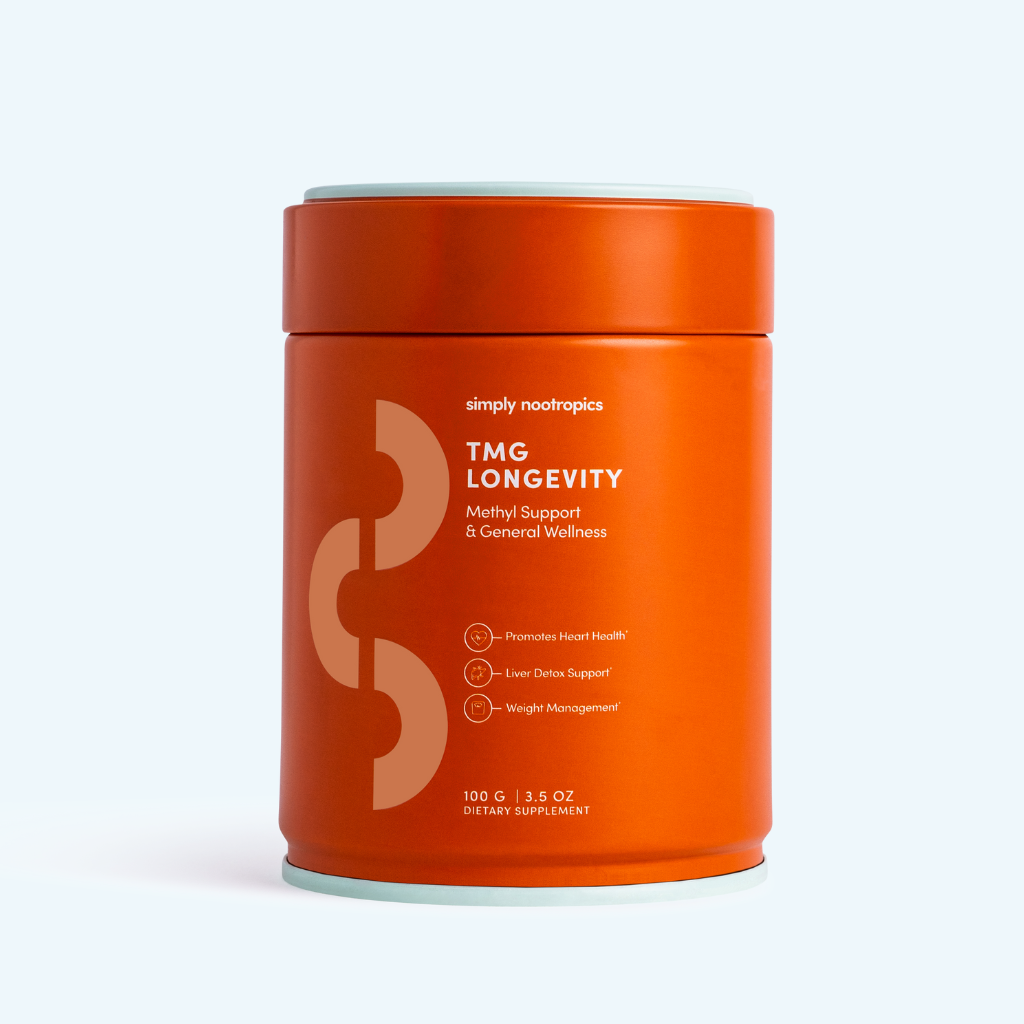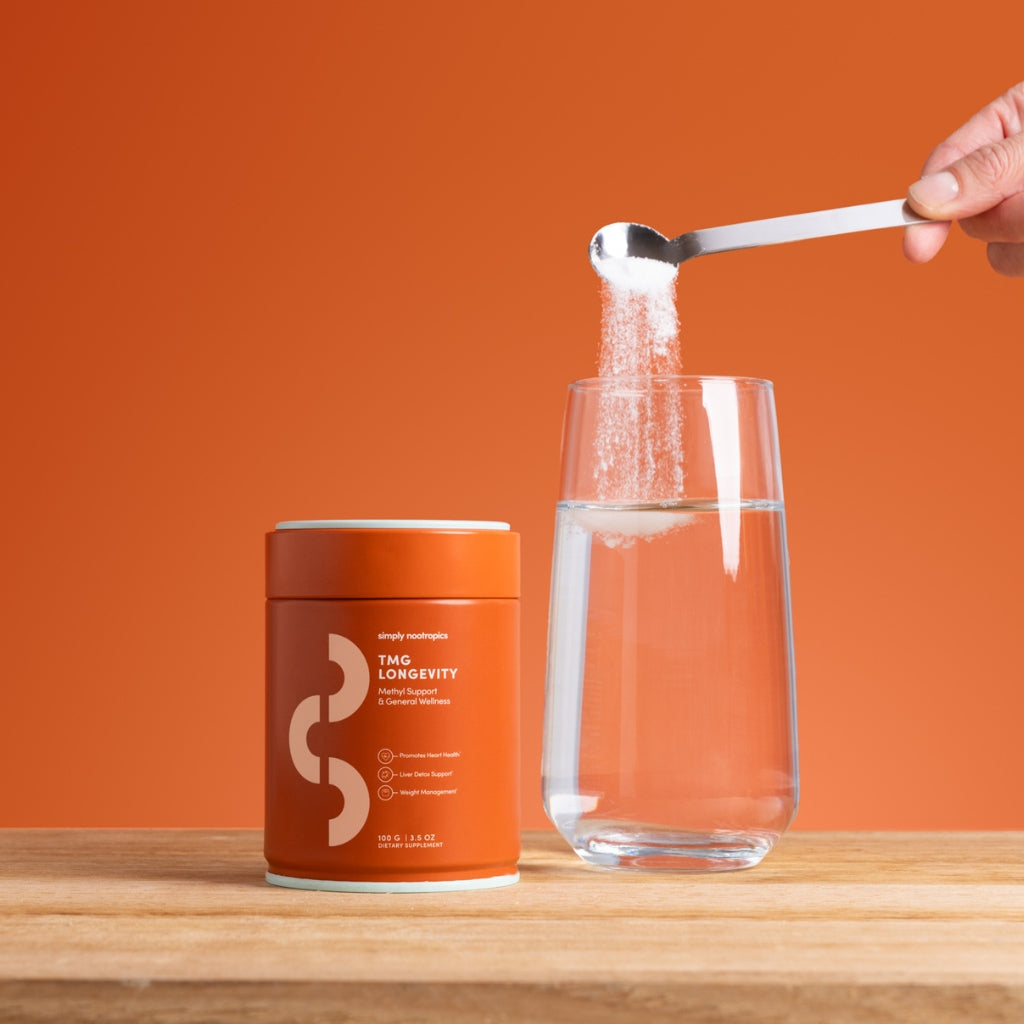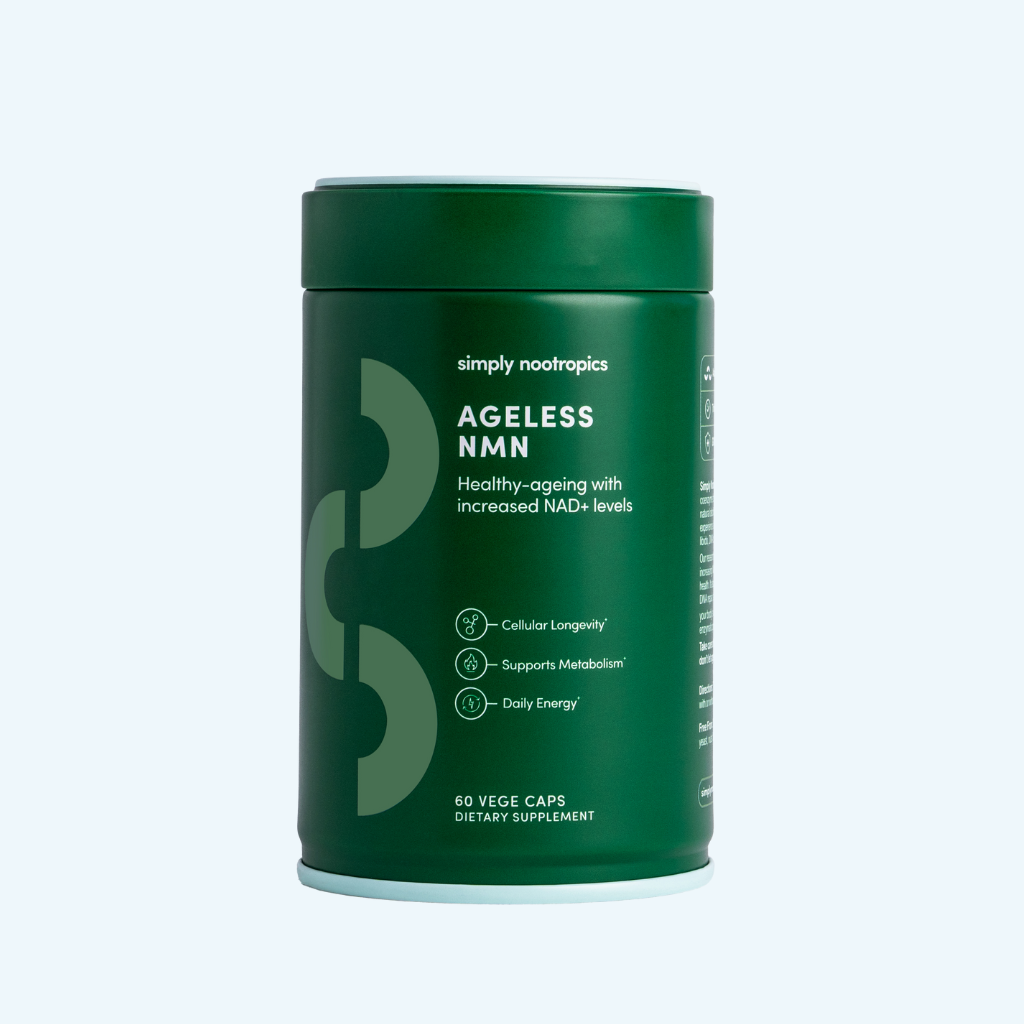In 2006, Japanese scientist Shinya Yamanaka made a discovery that earned him a Nobel Prize and quite possibly changed the future of medicine: he identified four specific genes that could "reprogram" adult cells back into a pluripotent, embryonic-like state. These genes (Oct4, Sox2, Klf4, and c-Myc) are now famously known as the Yamanaka factors.
Why is this important? Because it showed, for the first time, that ageing isn't a one-way street. Under the right conditions, our cells can be pushed into a more youthful state for active ageing, erasing some of the markers of age and wear. It’s not exactly reversing ageing, but rather resetting certain aspects of cellular identity, like recharging a battery.
What Do the Yamanaka Factors Actually Do?
Each of the Yamanaka factors plays a key role in cellular reprogramming:
-
Oct4 and Sox2 are transcription factors that help maintain a cell's potential to become different cell types.
-
Klf4 regulates gene expression and helps maintain cell identity.
-
c-Myc, though slightly more controversial due to its association with cancer risk, accelerates cell proliferation and gene expression.
When introduced into adult cells in a controlled way, these four genes can effectively "wipe" some of the cellular programming that comes with age, returning the cell to a more plastic, rejuvenated state.
This is the same principle used to create induced pluripotent stem cells (iPSCs), adult cells that have been reprogrammed back to an embryonic-like form. These cells are being used in regenerative medicine to potentially replace damaged tissues, repair organs, and treat chronic diseases. But the implications of this kind of active ageing go even further.
Reprogramming Cells Without Resetting Identity
In early experiments, reprogramming cells with the Yamanaka factors meant losing their original identity. A skin cell could become a stem cell, but it would stop being a skin cell. Useful in a lab, but not ideal in a living human.
But more recent studies have found that partial reprogramming, activating the Yamanaka genes briefly or in cycles, can reset age-related markers without fully erasing a cell’s identity. That’s a massive breakthrough in active ageing. It means a heart cell can stay a heart cell, but behave like a younger, more efficient version of itself.
In animal studies, partial reprogramming has shown promising results: improved tissue regeneration, better recovery from injury, and signs of biological age reversal in organs like the liver and pancreas.
Not All Genes Are Forever
What makes the Yamanaka factors so compelling is also their ability to reprogramme epigenetic markers, chemical tags on DNA that influence which genes are turned on or off. As we age, these markers become increasingly disorganised, contributing to cellular dysfunction, inflammation, and age-related decline.
The four Yamanaka genes reset this epigenetic chaos, pushing cells back to a more youthful state without altering the DNA sequence itself. In mouse studies, partial activation of these genes restored organ function, improved muscle regeneration, and even reversed signs of cognitive ageing, all without erasing the cells’ identity. This opens the door to therapies that don’t replace tissues, but rejuvenate them from within.
The key challenge is safety: full reprogramming can lead to cancer or loss of cell function. But partial reprogramming, carefully timed and dosed, is showing early promise as a new frontier in regenerative medicine and active ageing.
From Petri Dish to Real Life: Where Are We Now?
While the science is exciting, we're still a long way from safely reprogramming cells in everyday people. The risk of cancer, for instance, is still a major hurdle, especially due to c-Myc’s tumour-promoting tendencies. And delivering gene therapies in a targeted, reversible way remains a technical challenge.
But the field is progressing fast. In 2020, researchers at Harvard used partial reprogramming in mice to restore vision lost to glaucoma, essentially rejuvenating retinal cells. In 2023, companies like Altos Labs and Calico (backed by Jeff Bezos and Google respectively) are investing billions into epigenetic reprogramming research for human applications and active ageing.
So while we're not yet turning back the biological clock with a pill, we are witnessing the birth of a new field: rejuvenation biotechnology.
How Does This Connect to Longevity Today?
Here’s the key insight: even if we can’t reprogram human cells just yet, we can support the systems that Yamanaka factor research is drawing attention to, namely, epigenetic health, mitochondrial function, and DNA repair.
Ageing at the cellular level is marked by a loss of homeostasis: mitochondrial decline, increasing oxidative stress, shortened telomeres, DNA damage, and epigenetic drift. These are exactly the areas being influenced in reprogramming experiments, and they’re also the areas we can start to support right now for active ageing.
Why Epigenetics Matters More Than Ever
What makes the Yamanaka factors so revolutionary is that they don't change your DNA, they change how your DNA is read. This is the realm of epigenetics: chemical tags that switch genes on or off, depending on stress, environment, age, and even sleep patterns.
Over time, these tags become disorganised, a phenomenon called epigenetic drift. It's a key driver of ageing, and it's one of the first things partial reprogramming seems to correct. That’s why supporting epigenetic stability is no longer optional, it’s central to healthy and active ageing.
Reprogramming the Future Starts With Cell Support Today
Beyond its scientific intrigue, the rise of Yamanaka factor research is reshaping how we think about ageing itself. Instead of focusing only on treating age-related diseases as they emerge, the new paradigm is to intervene earlier, at the cellular level, to maintain resilience and delay dysfunction. That means protecting the systems that keep your body adaptable for active ageing: your mitochondria, your DNA repair machinery, your metabolism.
While genetic reprogramming might eventually offer dramatic shifts in biological age, its success will depend on whether the body is already equipped to handle the change. That’s why lifestyle, diet, and targeted supplements like NMN are part of the picture now, not later. You’re not just passively waiting for the science to catch up, you’re actively setting the stage for active ageing. And by maintaining cellular health today, you could be creating the perfect conditions for tomorrow’s most promising breakthroughs to truly work, safely and effectively, when they arrive.
Where NMN Fits In
At Simply Nootropics, we created Ageless NMN to support precisely the kinds of cellular systems being explored in Yamanaka research. By boosting NAD+ levels, NMN helps maintain mitochondrial energy, DNA repair, and epigenetic integrity, all of which decline with age.
Ageless NMN is formulated with pharmaceutical-grade purity and third-party tested for potency, so what you’re putting in your body is clean, consistent, and effective. It’s not a shortcut to eternal youth, but a scientifically grounded way to nurture your cells, protect your future, and stay energised while science continues to evolve.



